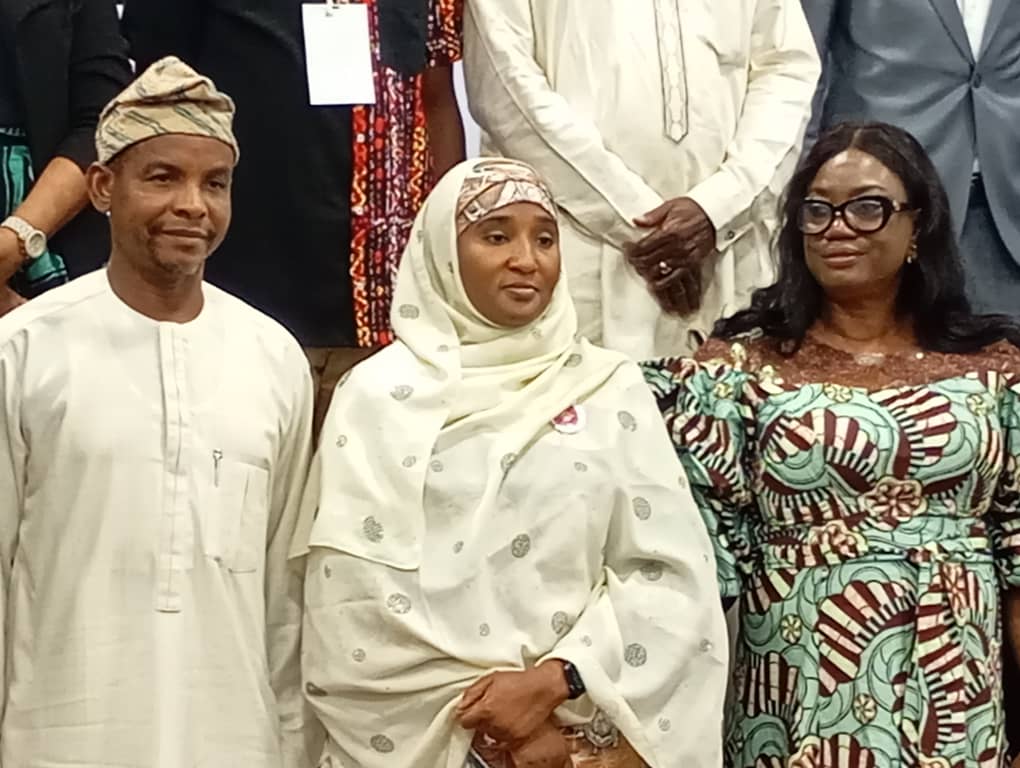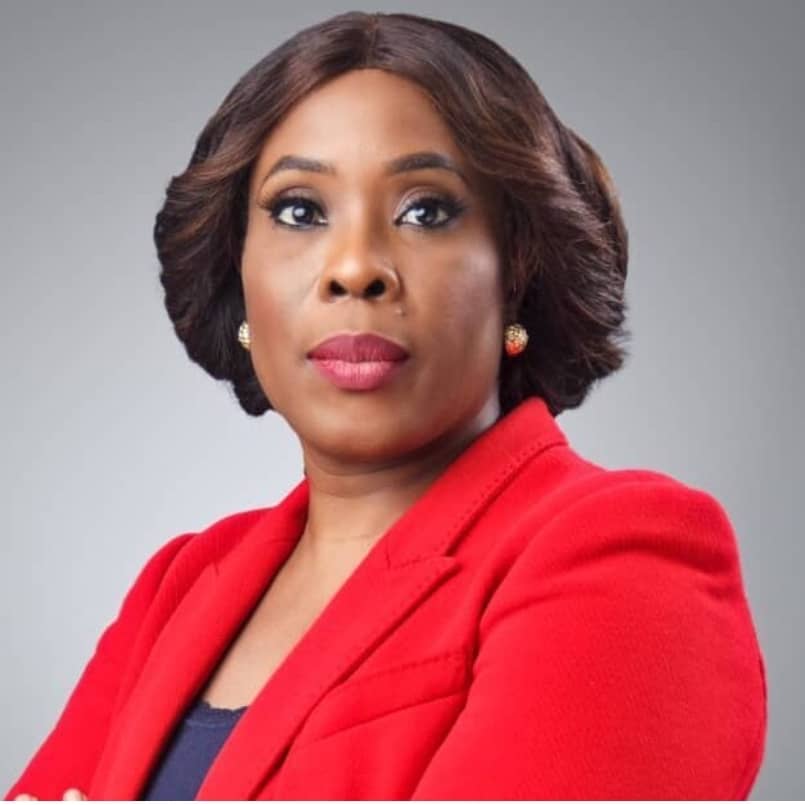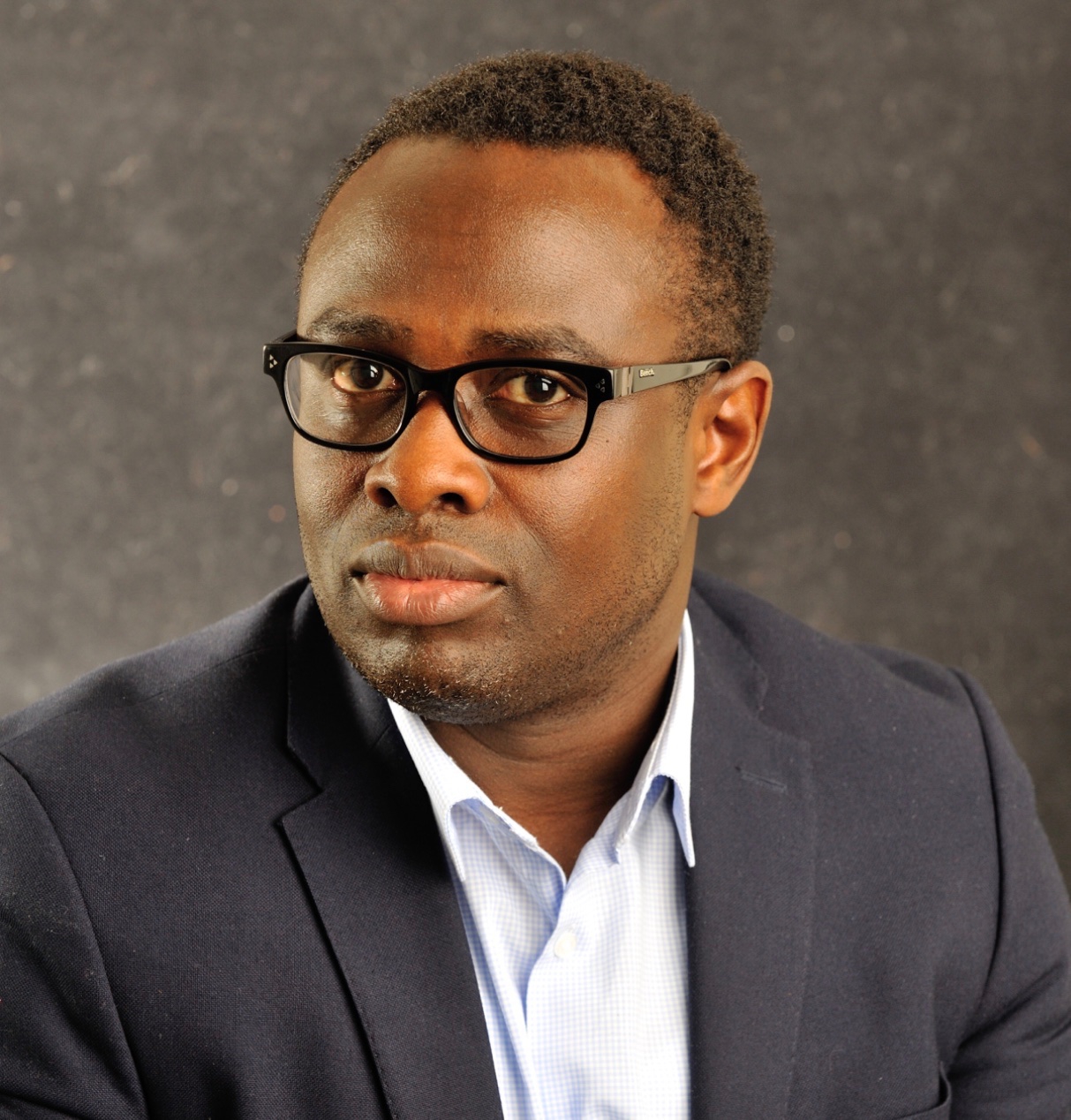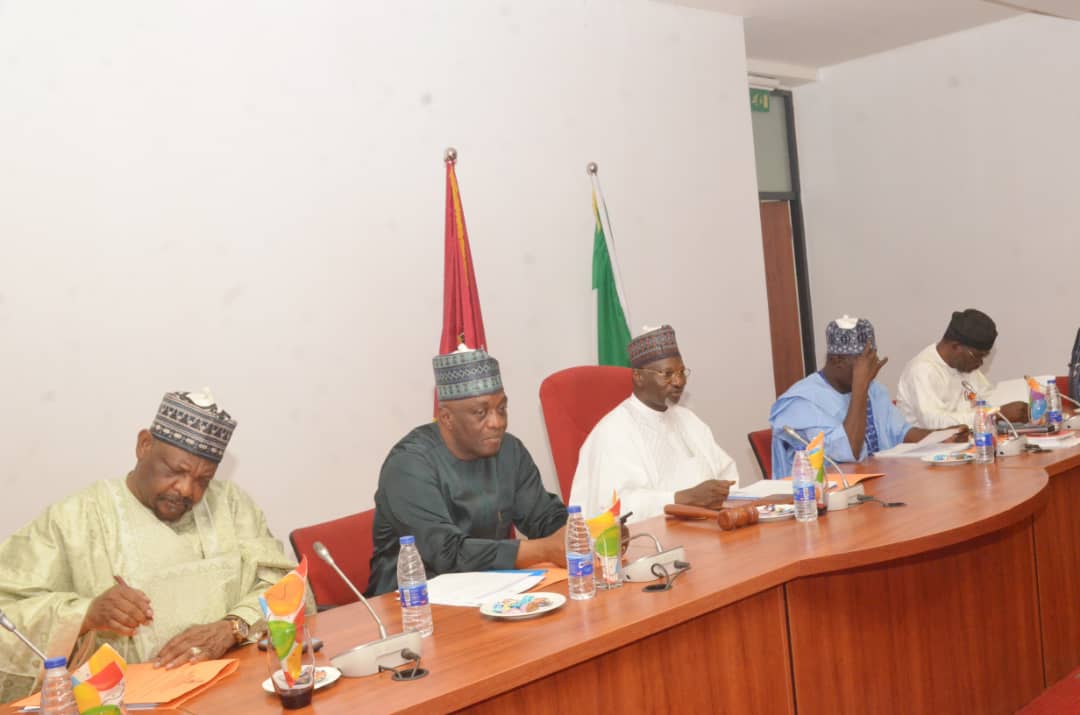
Stakeholders in education on Tuesday in Lagos continued to deliberate on how to improve learning outcomes and reduce out-of-school syndrome.
The deliberation was on the second day of the National Basic Education Bootcamp (BEB-B) Summit.
The three-day event convened by the Federal Ministry of Education (FME) has the theme: “Improving Access to Inclusive Quality Education for All Children in Nigeria: Addressing the Challenge of Out-of-School Children”.
The Minister of State for Education, Dr Suwaiba Ahmed, said that deliverables from the summit would be holistic.
“The summit has some key deliverables and it has specific targets; part of that is inclusive quality education for all. At the same time, we have the DOTS.
“That is, to have a uniform Data repository; issues around Out-of-school children and then Teacher training, capacity development, and Skills, “ she said.
Ahmed said that the ministry planned to empower learners with Technical and Vocational Education and Training (TVET) to equip them with skills needed to fit into the society.
She said that learners would need TVET to be productive in the 21st Century.
“There are a lot of things on ground to ensure that we have that inclusive quality education.
“These include issues around the teachers, out-of-school children, qualitative education, girls’ education; it is a holistic package.
“If fully implemented, I am sure every Nigerian will be happy with the current administration.
“We are working on developing strategies to ensure full implementation of those provisions that we have in the Renewed Hope Agenda, “ Ahmed said.
In his presentation, the Executive Secretary, Universal Basic Education Commission (UBEC), Dr Hamid Bobboyi, said that UBEC’s reforms had made significant strides in improving access to basic
education and enhancing learning outcomes.
Bobboyi was represented by UBEC’s Deputy Executive Secretary, Prof. Bala Zakari.
According to him, the reforms, if constantly reviewed and sustained, will ensure achievement of the desired goals.
“UBE stakeholders are, however reminded that surmountable UBE reform
implementation challenges, such as inadequate funding, teacher shortages, and infrastructure deficiencies, persist.
“To further strengthen the education system, it is crucial to sustain these reforms, address these challenges, and continue to innovate and adapt to evolving needs.
“Also, improved partnerships can create a brighter future for Nigeria’s children, “ Bobboyi said.
In her remarks, Programme Manager, Oando Foundation, Ms Tonia Uduimoh, said the foundation had been supporting education in the last decade.
Uduimoh said that the foundation’s support was due to its commitment to ensuring a bright future in Nigeria.
“The greater strides that we are going to make, we cannot make it without empowering our workforce, and the only way we can do that is by going back to the foundation.
“This is ensuring that children have the basic requirements that they need for foundational learning because we know that foundational learning is the foundation upon which all other learning is built, “ Uduimoh said.





